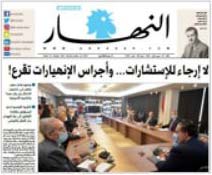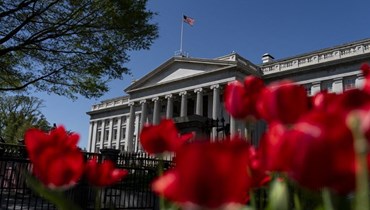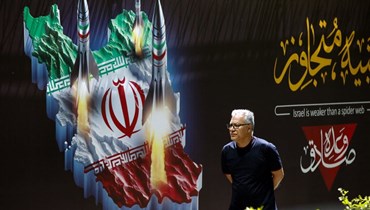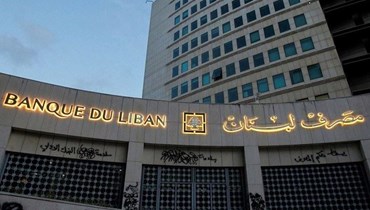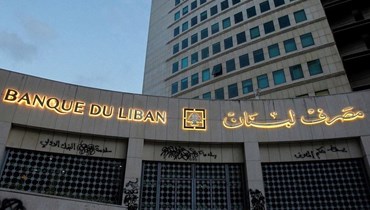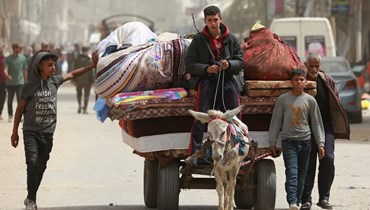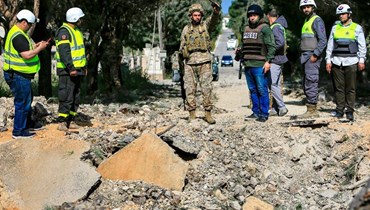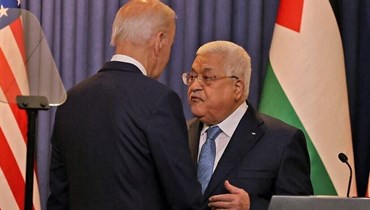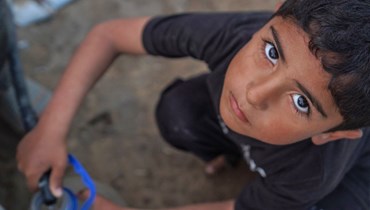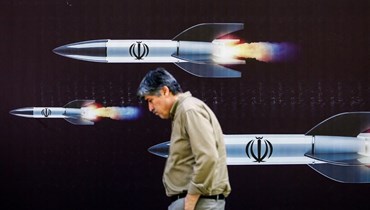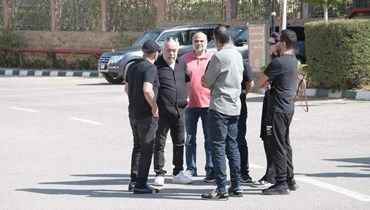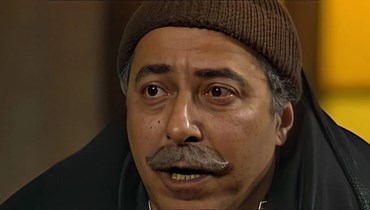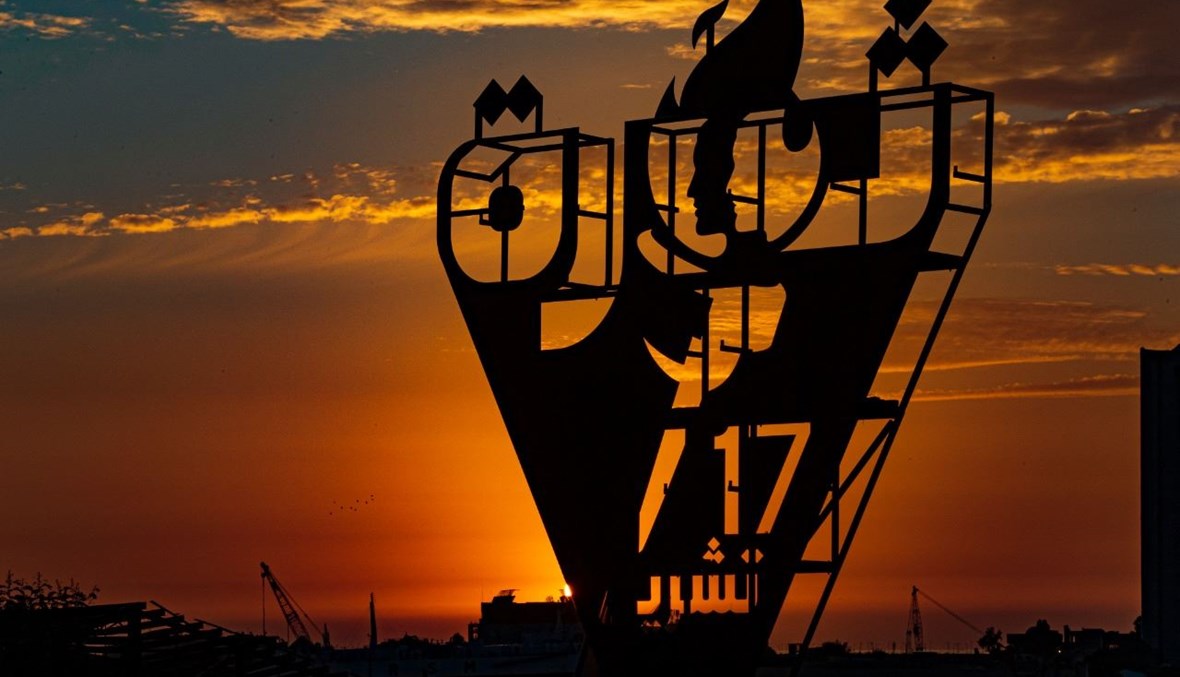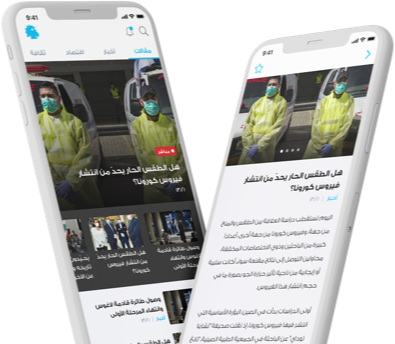Resistance not Resilience: A Proposal for Collective Action
17-05-2021 | 17:28
*Carmen Geha
History is written by the winners, and in our case the warlords gave themselves amnesty for war crimes in 1989 and proceeded to write a history
of 30 years of violence, greed, corruption, leading to a mafia and militia rule. As survivors of the Beirut port explosion on August 4th, we too can write history and everywhere I look I see people taking control of the public narrative.
It took a few hours after the explosion to witness a wave of local and international mobilizing. Walking on the streets over blood and glass, I recognized so many faces. I had seen them all protesting for years and we had run together side by side from tear gas multiple times in the October 2019 revolution.
This time we did not need to sit and talk, we knew that nobody was coming to save us and that we had to save ourselves. In that tragedy, a new movement and narrative was born, that is our collective resistance to warlord rule. Resilience carries a very negative political connotation; it means trading dignity with survival and reform with adaptation. It misplaces responsibility of governing on people, rather than government.
It puts the onus on the marginalized to bear the cost of corruption and inequality.
Resistance on the other hand, is about co-creating institutions and solutions that address the structural barriers to reform and the root causes of why 3,000 tons of explosives were left at the port for six years.
August 5th onwards, in my opinion, has its seeds in a long history of activism and protesting against a system that enshrined the rule of sectarian warlords. But rather than protesting, the post August 5th movement is a form of collective resistance.
Don’t take my word for it, look at the world headlines of volunteers pulling bodies from under the rubble, sweeping streets, rebuilding homes, and organizing for elections. Look at the range of organizations seeking to provide health, education, business and support services across the country. Look at the videos of the families of the port victims laying blame on the political class, confronting, resisting by working together for justice.
As we approach a tragic one-year marker of the explosion we can engage in collective resistance by building networks of trust among ourselves so we can develop an inclusive and responsive vision for governance based on institutions serving people, not warlords. Resistance can be shaped by three strategic conscious choices.
Wellbeing not Survival
The post-explosion movement led by groups working on a range of issues is pushing for the wellbeing of people, not mere survival.
We are not a species that needs to be preserved but human beings with rights, dreams, and aspirations crushed by a system that champions warlords rather than compassionate competent representatives. Whether it is taking about mental health, better schooling, clean beaches, gender-inclusion, or nicer neighbourhoods, this struggle all around is not about living to see the next day or year, but living better and confronting apathy with action. It is about getting our money back from the banks and seeing the explosion culprits on trial.
Solidarity not Charity
On August 5th as I saw people I knew, and people I would come to know, there was an immediate realization that this mass assassination of our city is caused by a political class that isolated Lebanon from its foreign allies, stole our savings, and willingly left explosives at the port, the same class who fails even to pick up the garbage and secure electricity. Lebanon is not and must not become a charity case.
The post-explosion movement and mobilization by diaspora and friends across the world was about advocating for solidarity with people who lost loved ones.
The demand for justice and action for accountability are at the core of this solidarity movement. No population can live and survive on food donations and no economy can sustain itself on remittances. While humanitarian aid is badly needed, we must link it to accountability for the crime of August 4th and the three decades of mafia and militia rule.
Confrontation not Defeat
The Lebanese elections, no matter how rigged, are a historical opportunity to create representation for this resistance movement. The aim of these elections is not to win any specific number of seats but to carry a new model for governance. With new representation in parliament, this resistance movement can not only advance legislation to protect the most vulnerable but hold accountable the executive powers that destroyed our lives. Collective resistance can translate into a governance that resists corruption, injustice, and weapons outside the state. We get defeated not in the ballot boxes but when our political imagination and actions are defeated, so long as we confront we will live to tell a different history.
*Carmen Geha is an Activist and tenured Associate Professor of Public Administration and Leadership at AUB


 اشترِك في نشرتنا الإخبارية
اشترِك في نشرتنا الإخبارية


